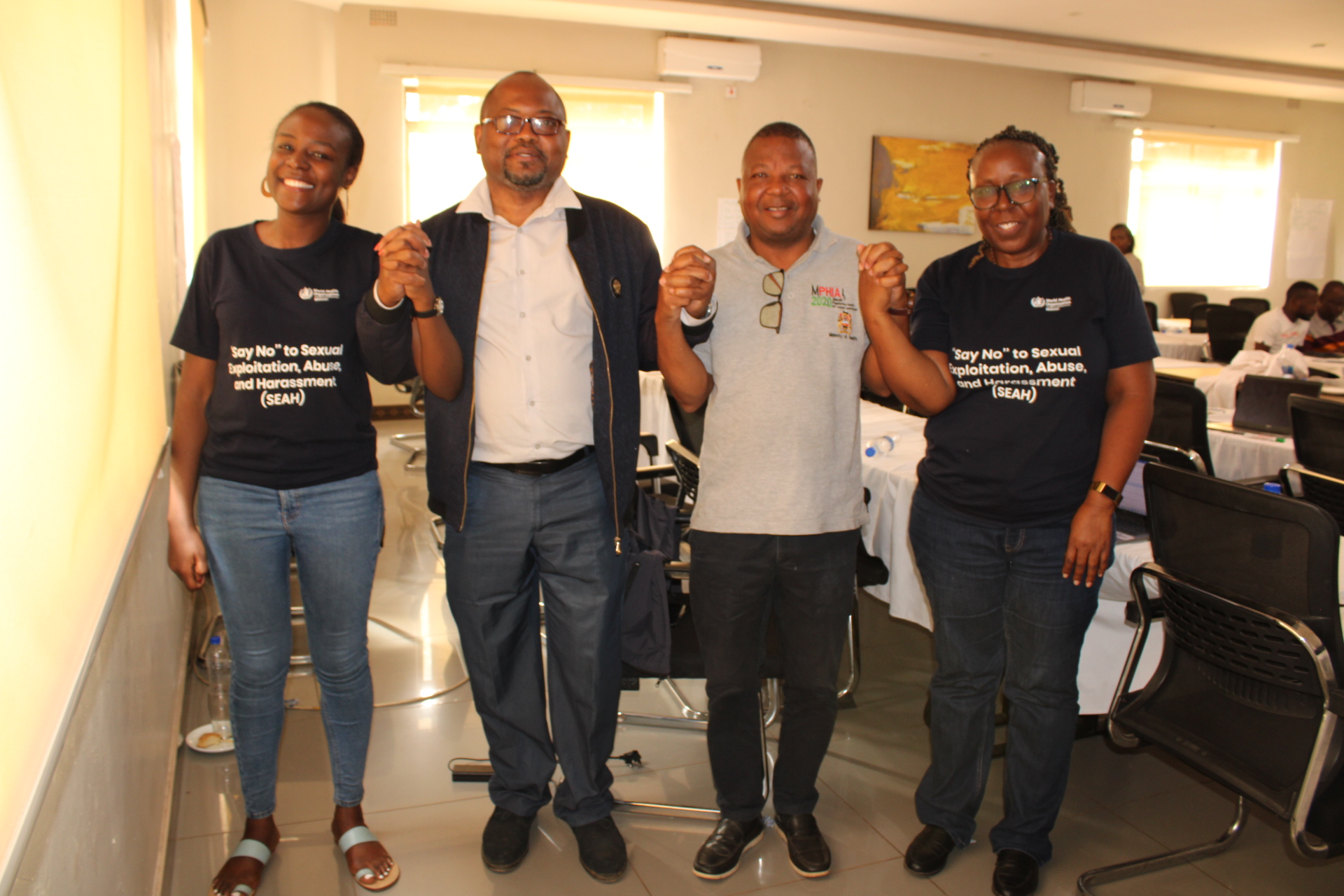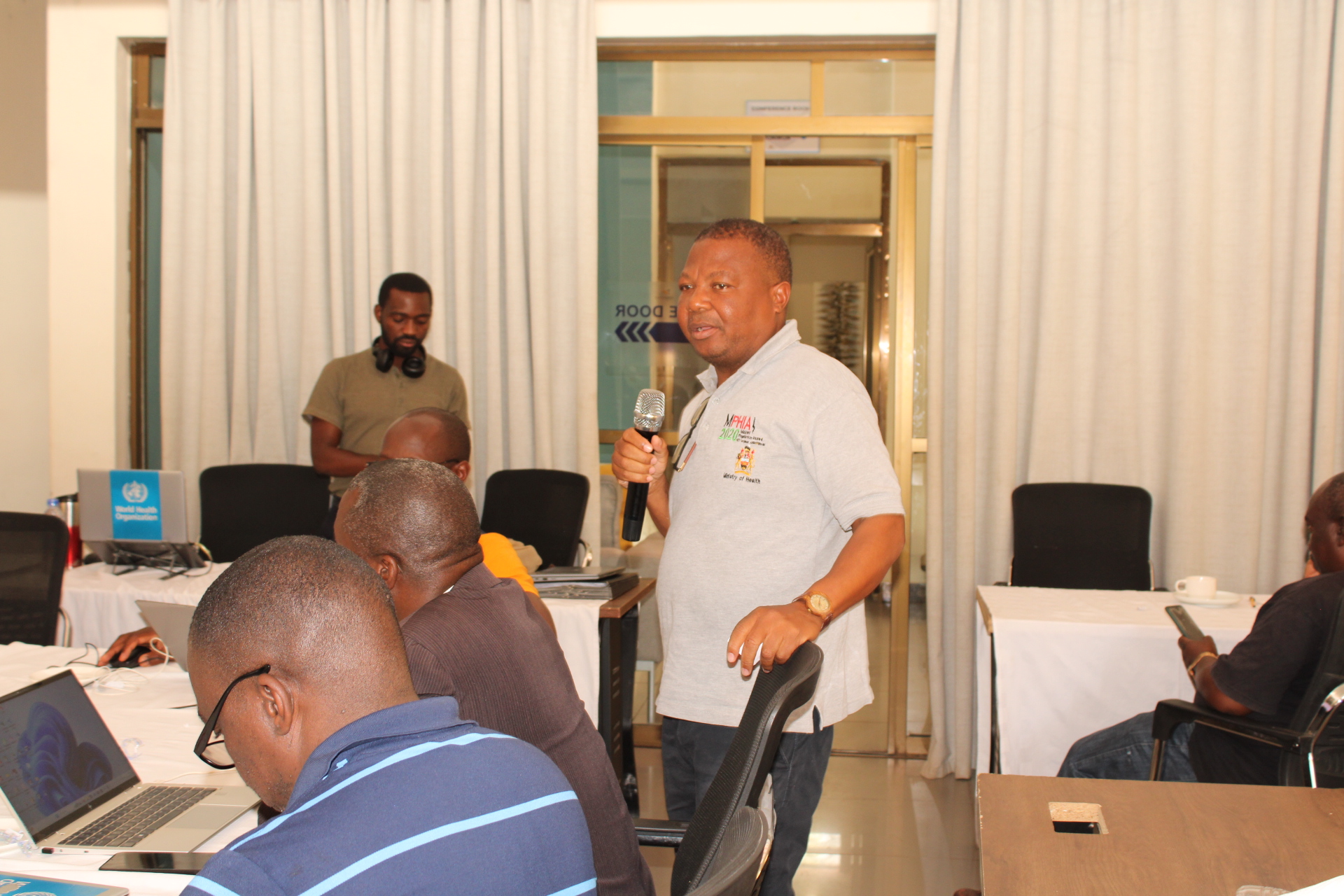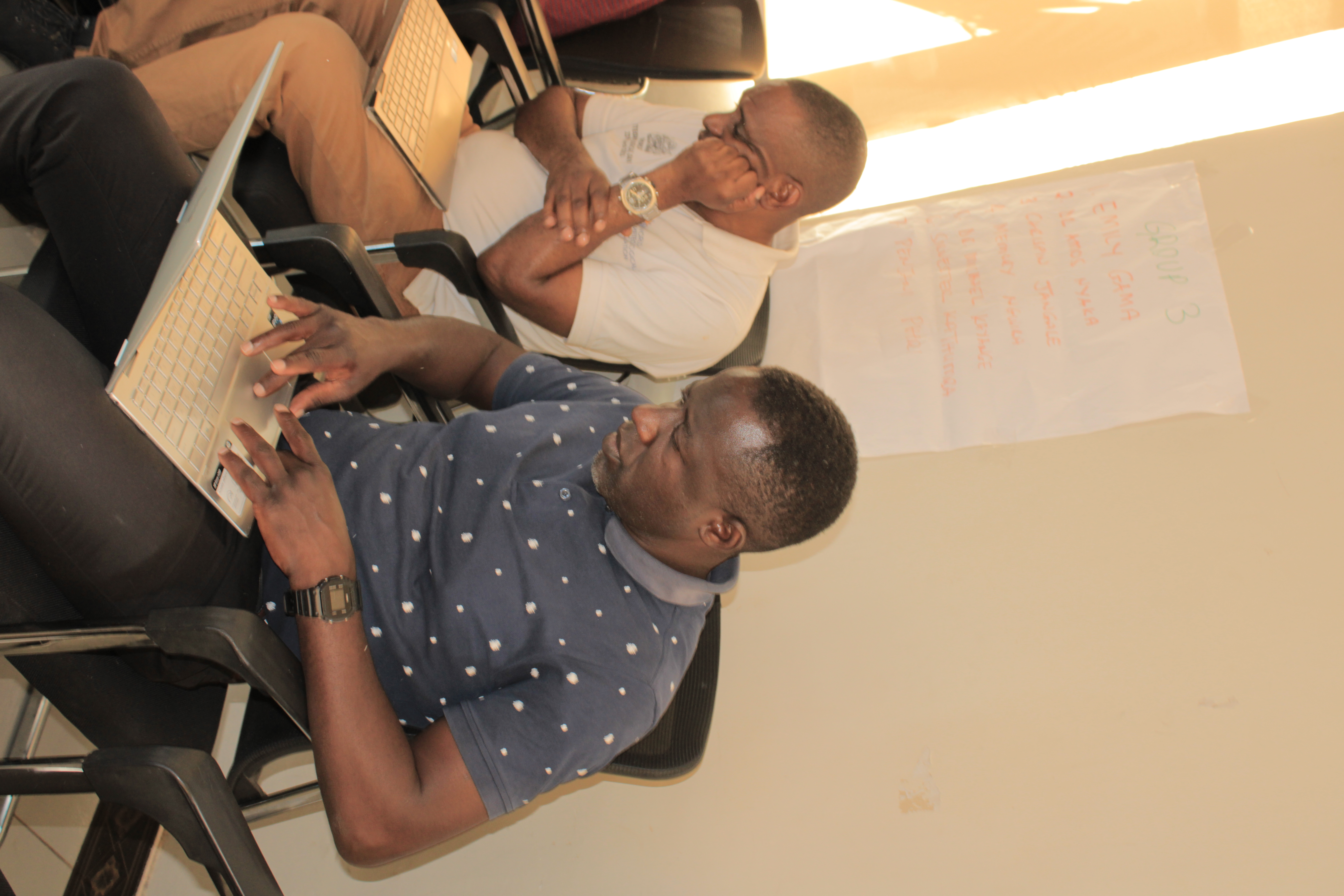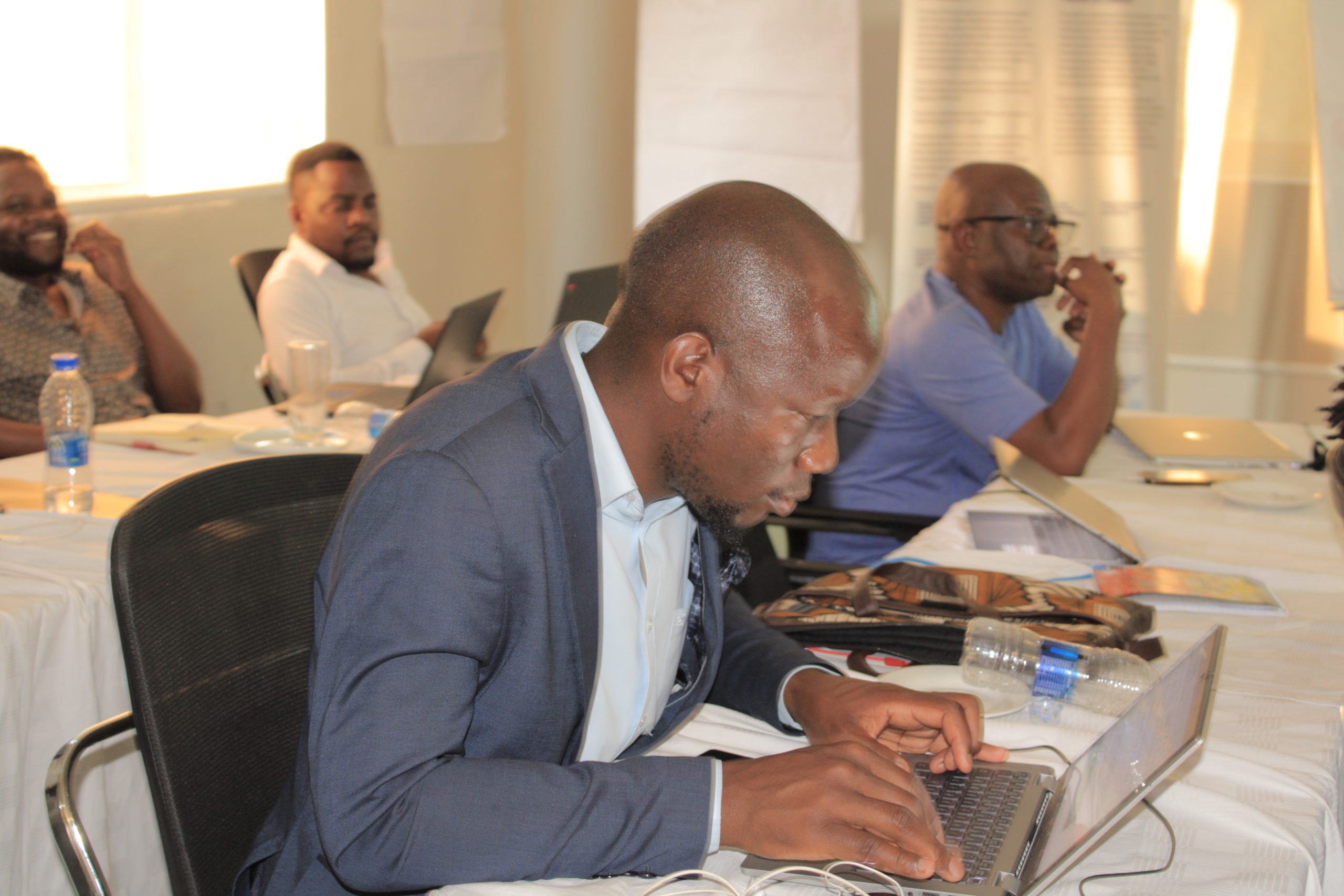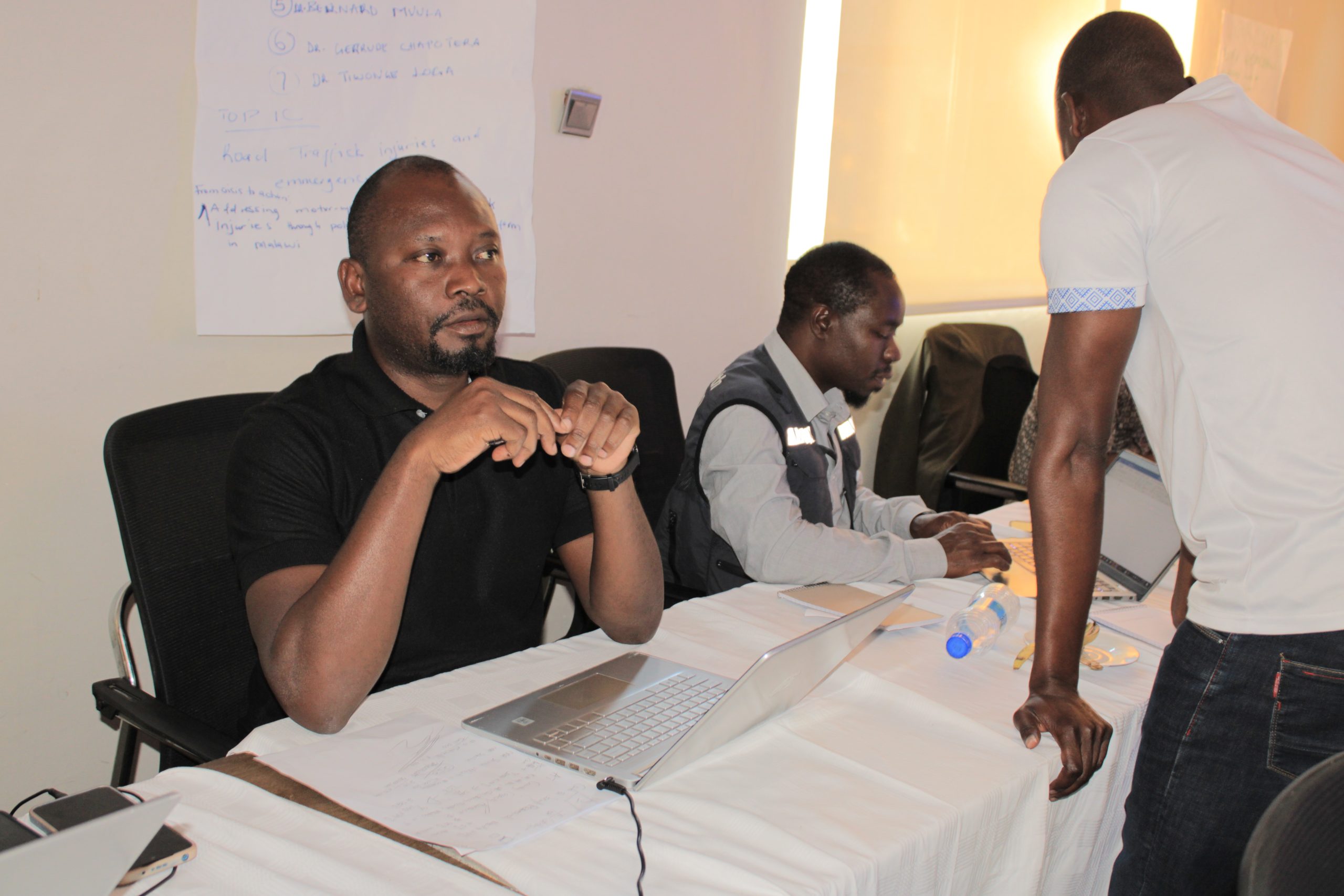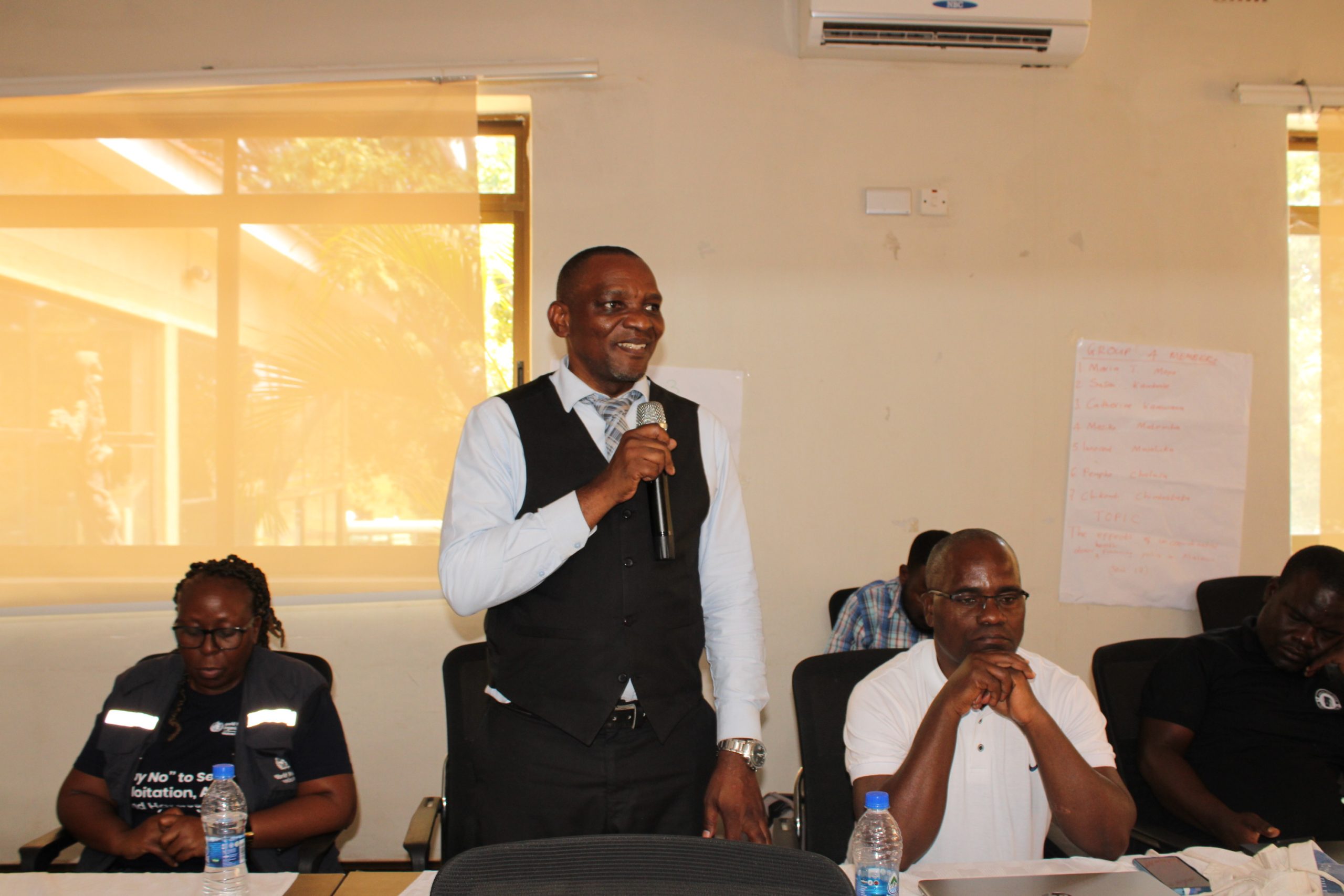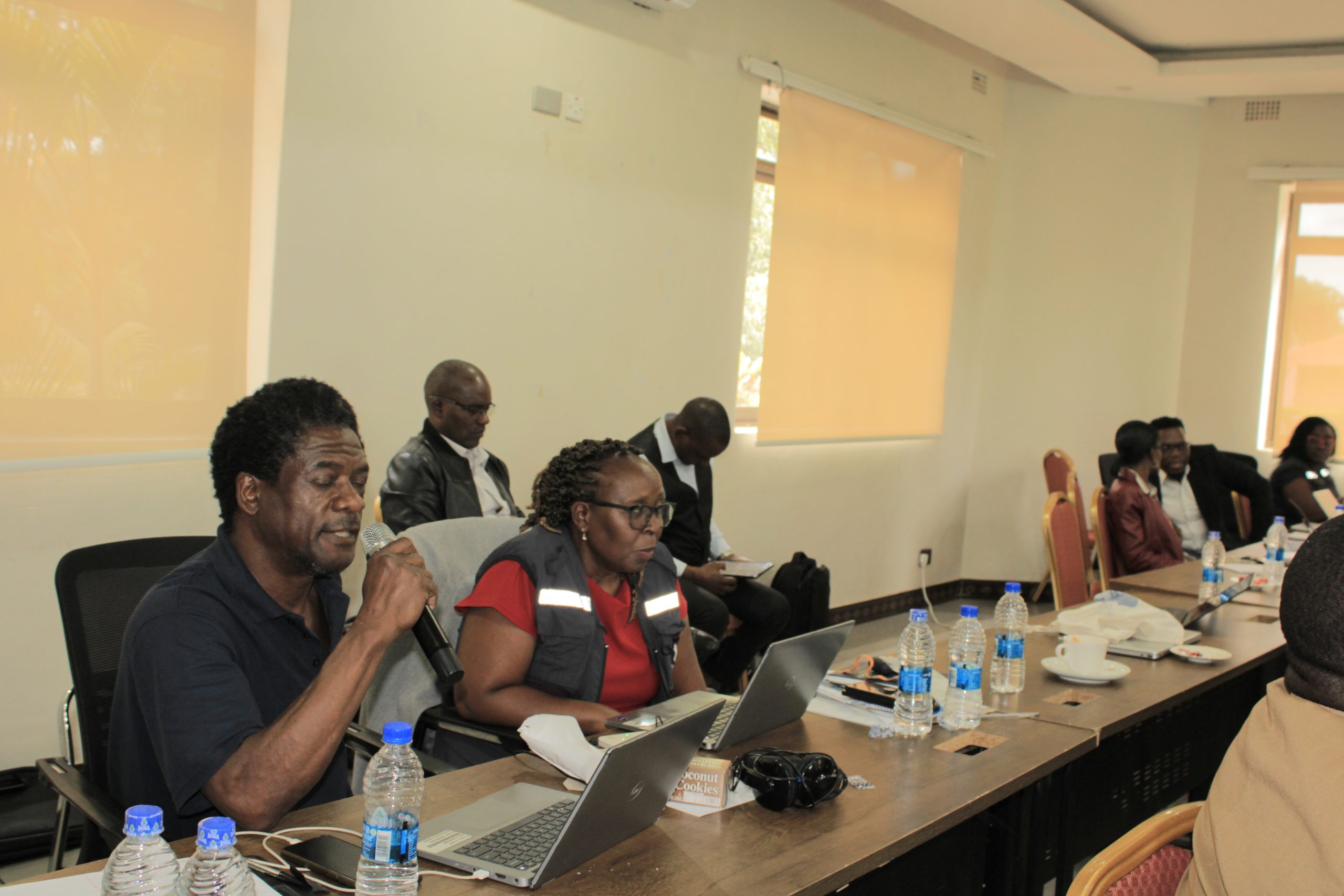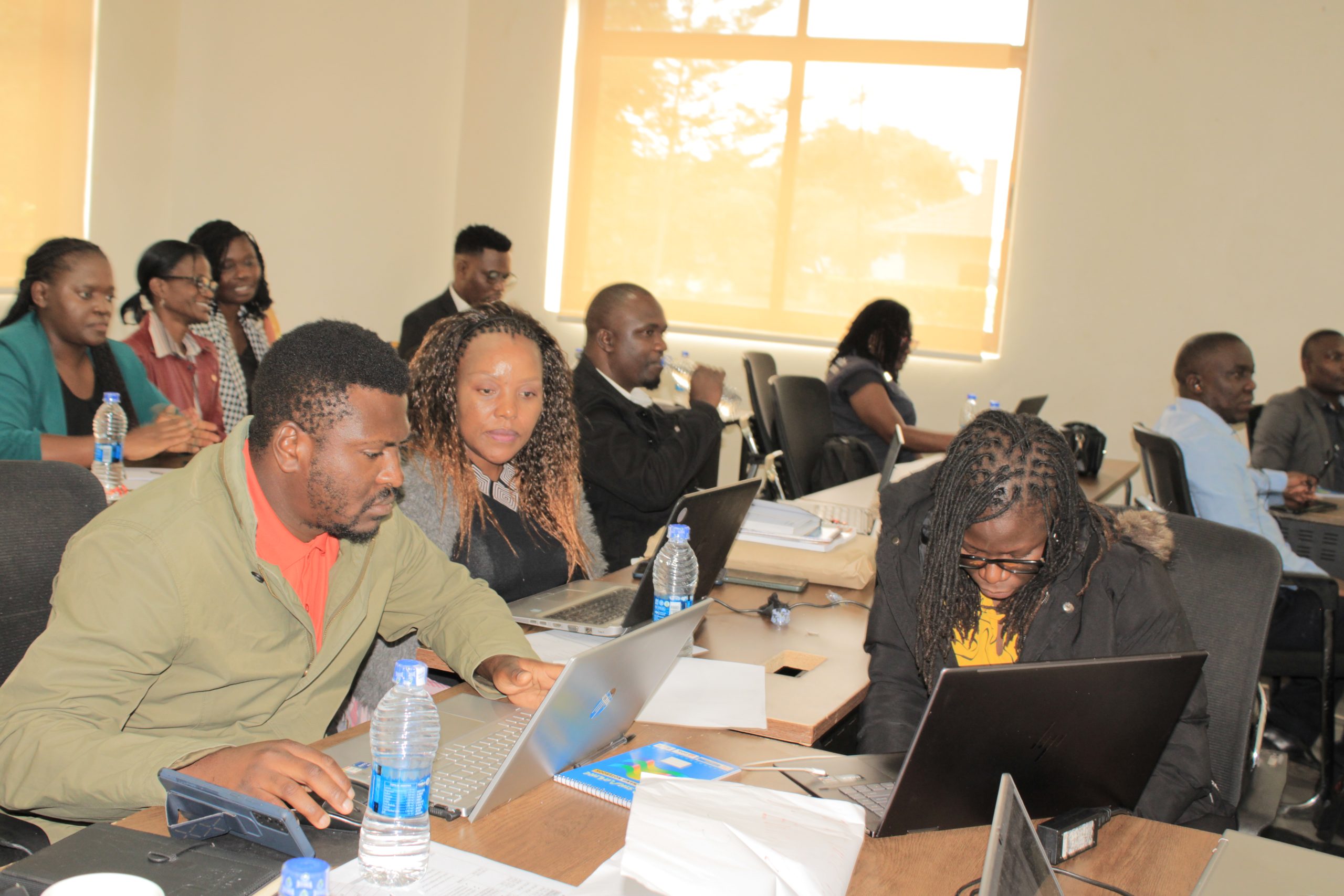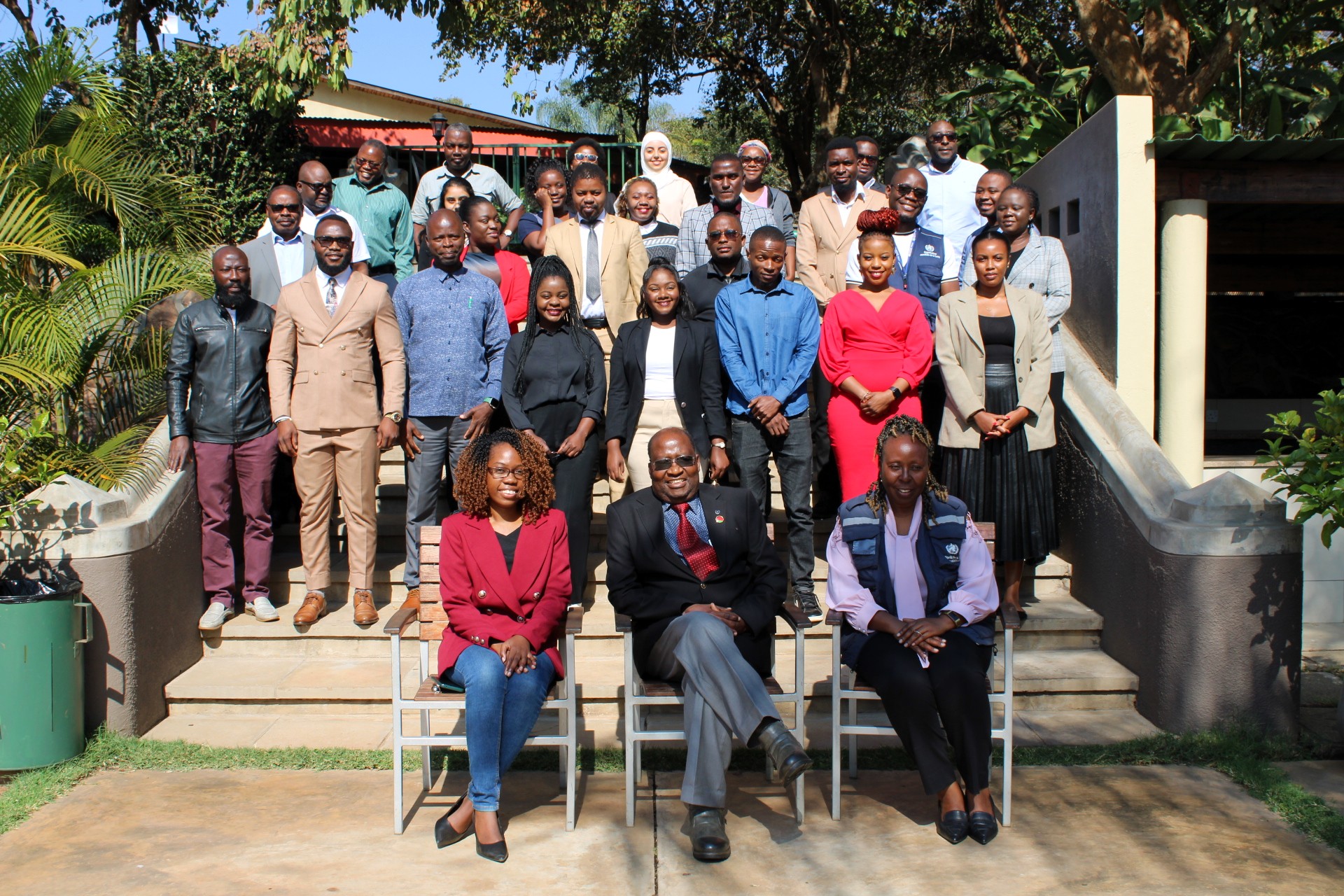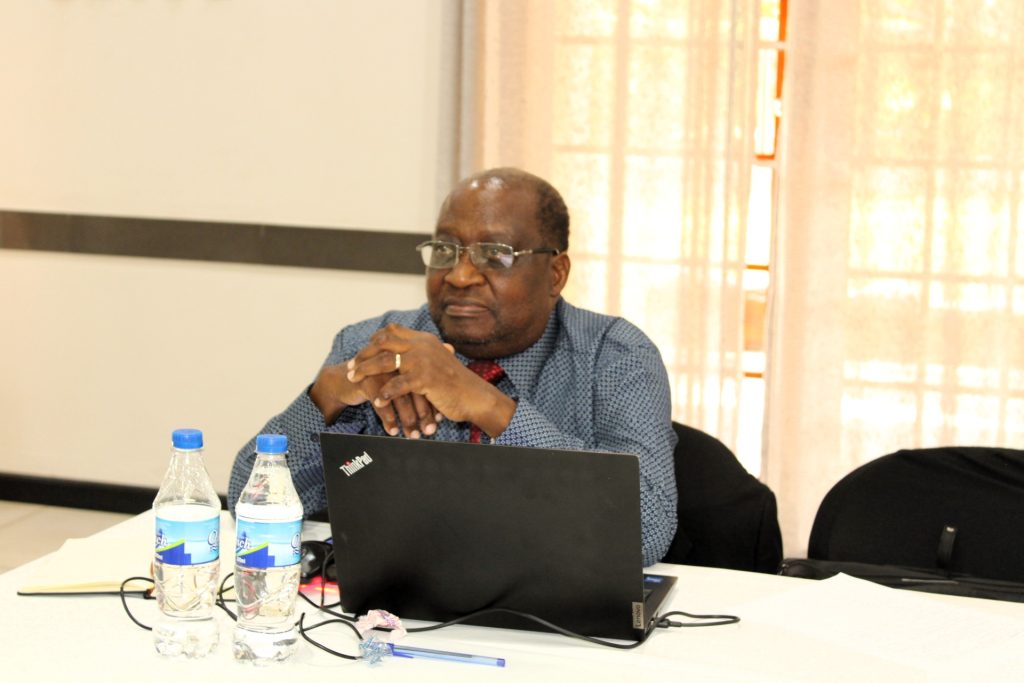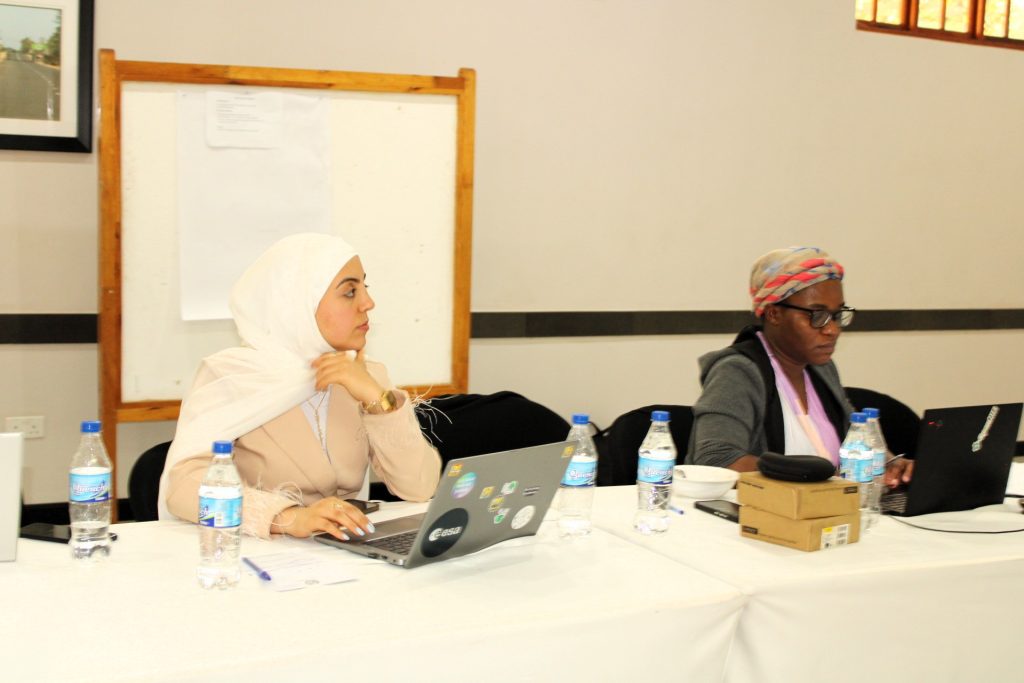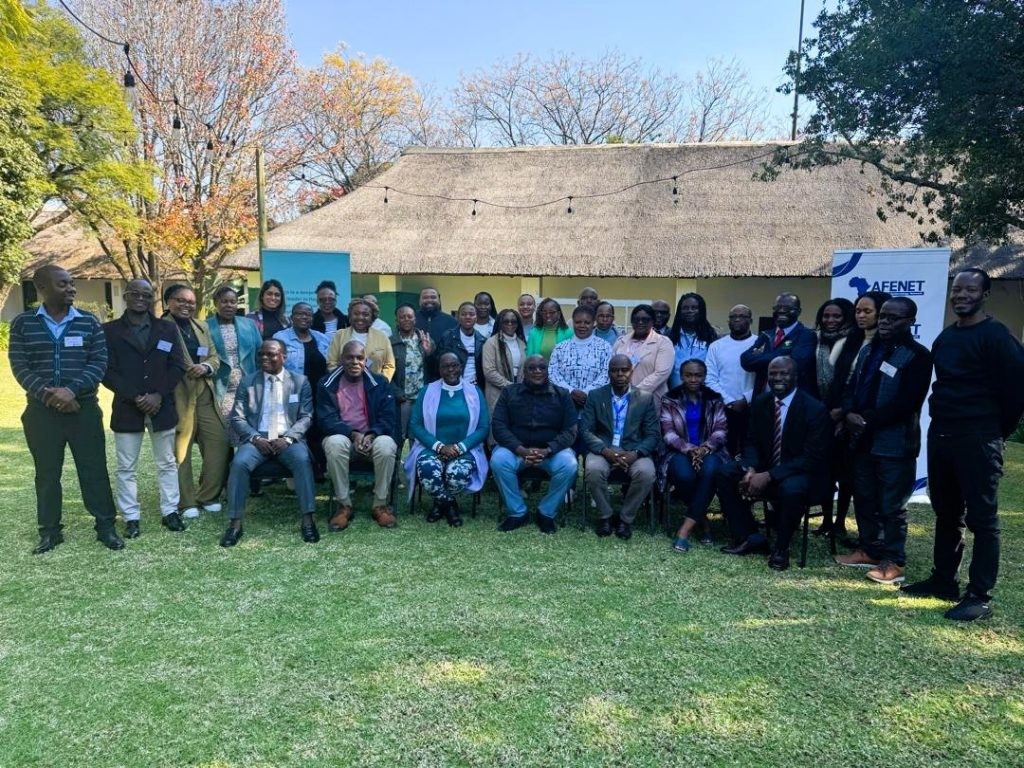
One Health Observatory Worksop.
by
Moses Nyambalo Phiri in collaboration with Dr. Bernard Mvula, Hamdan Saidi and Settie Kanyanda.
PHIM has conducted its National One Health Observatory (NOHO) Workshop, a significant step towards strengthened its public health infrastructure.This workshop held at Sigelege, Salima, that brought together approx 72 officers across different directorates and programs including Interagency coordination office situated under the Office of the President and Cabinet, and was technically and financially supported by WHO.
The NOHO integrates data from key sectors including health, agriculture, water, and the environment. This multi-sectoral approach aligns with the national One Health strategy, aiming to improve evidence-based decision-making, as indicated by a 2019 study by Vesterinen Id et al.
Key objectives included strengthening capacity for generating actionable knowledge products (e.g., policy briefs, infographics, blogs), validating national indicator data, identifying gaps, proposing new indicators, and fostering collaboration in data governance and dissemination. A national roadmap for sustained observatory use was
also developed. The NOHO holds significant implications for Malawi as it is expected to increase the country’s global visibility through centralized, quality data for policymaking.
Furthermore, it will facilitate indicator harmonization, reinforce multisectoral collaboration via the One Health Approach, and improve data quality and dissemination. This initiative also aligns Malawi’s systems with the WHO-supported African Health Observatory framework, enabling effective tracking of Universal Health Coverage (UHC) progress.
In his opening remarks, Mr. Joseph Bitilinyu Bango, Deputy Director rensiponsible for PHL, PHIM emphasized “This initiative is set to transform how Malawi gathers, analyzes, and utilizes health-related data, leading to more informed policy decisions and a healthier future for its citizens.”

